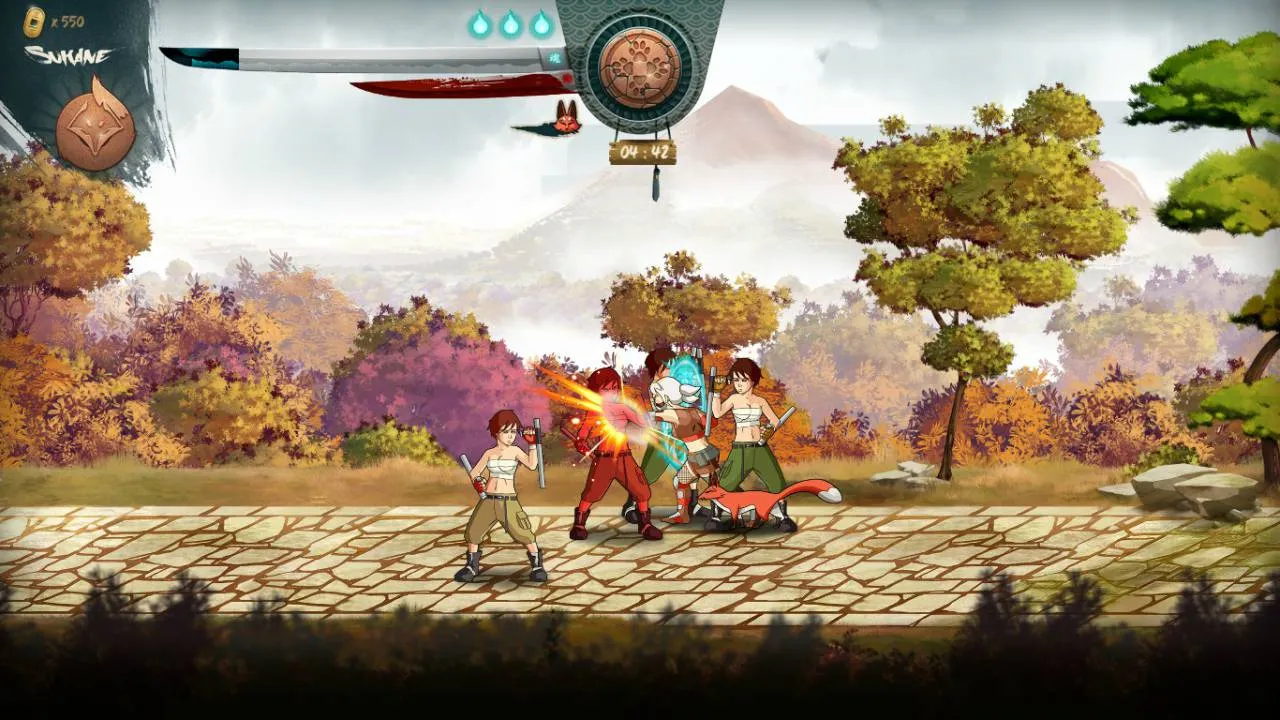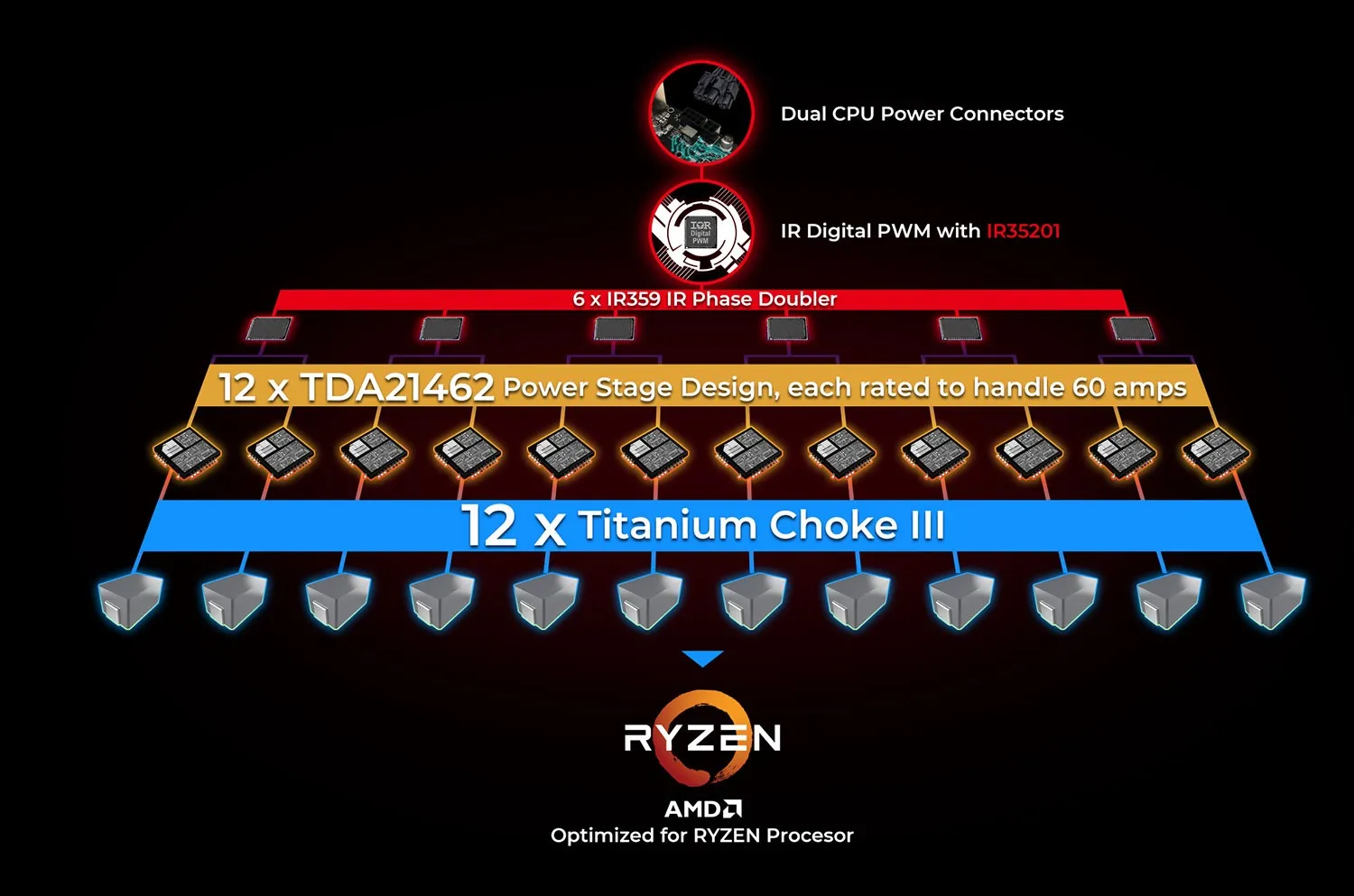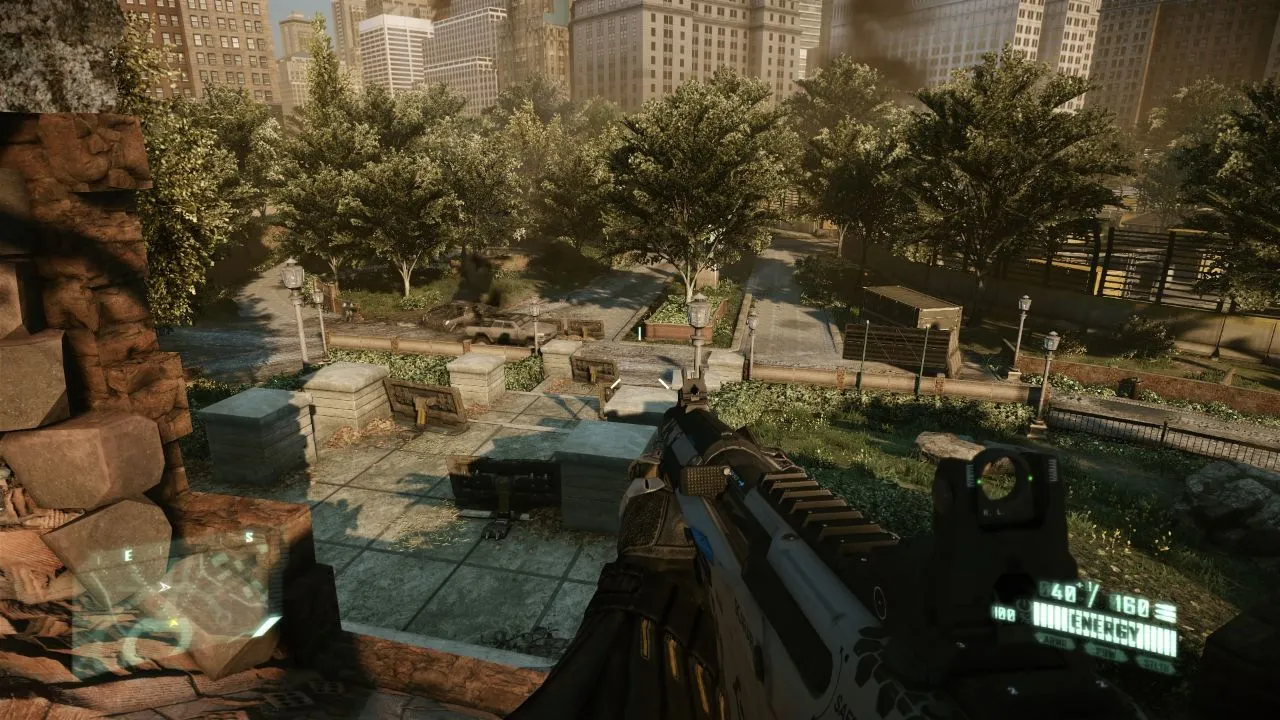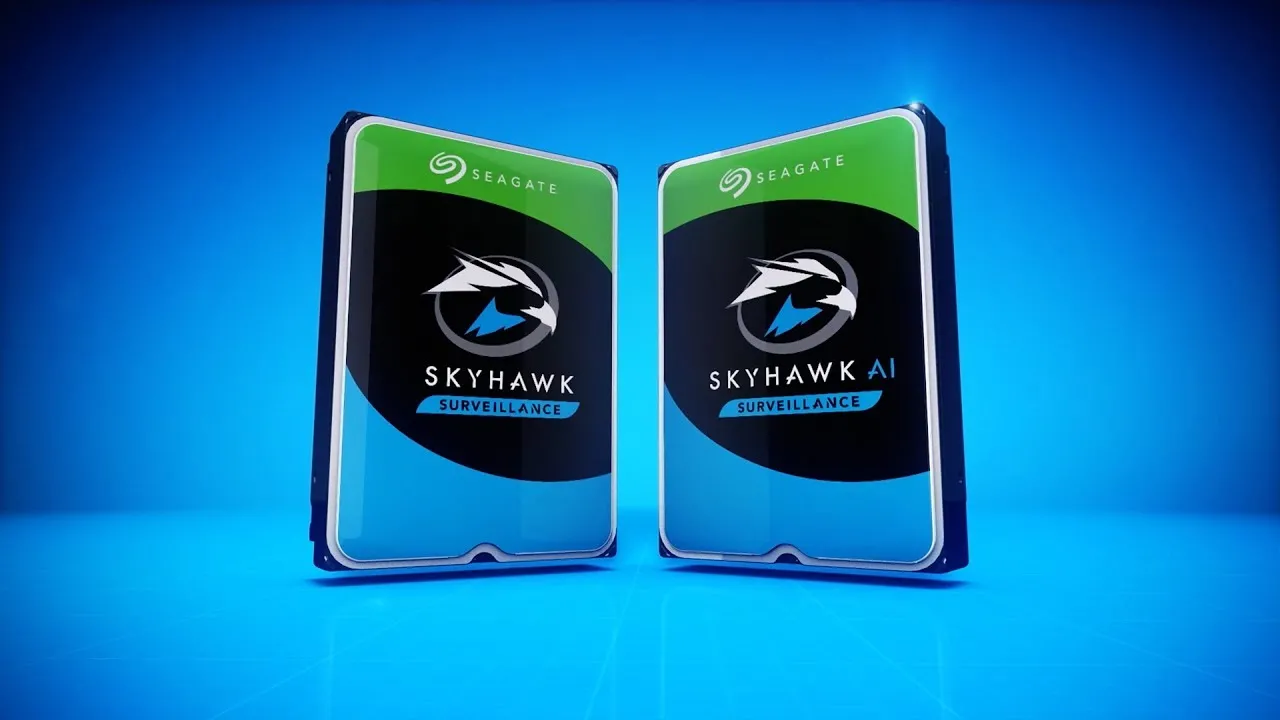
Samurai Riot Review: A French Take on Japanese Side-Scrolling Action
Contents
- Double the Fun: Cooperative Gameplay
- A Tale of Two Samurai
- Branching Narrative and Multiple Endings
- Customizable Combat Styles
- Classic Brawler Gameplay
- Diverse Enemies and Boss Battles
- A Fusion of Old and New
- Falling Short of the Classics
- Repetitive Combat and Design Flaws
- Conclusion: A Promising Debut with Room for Improvement
Imagine winning the lottery and embarking on a global culinary adventure. Craving sushi? You’d head to Tokyo, right? But what if the best sushi was found in Paris? Samurai Riot, a Japanese-themed side-scrolling brawler developed by the French studio Wako Factory, presents a similar conundrum. While skillfully crafted, it struggles to capture the true essence of its inspiration, much like French sushi or Japanese escargot. This review explores the strengths and weaknesses of Wako Factory’s debut title.
Double the Fun: Cooperative Gameplay
Samurai Riot is best experienced with a friend. Like the classic arcade brawlers it emulates, the game shines in cooperative mode. Grab a partner and prepare for a chaotic, side-scrolling adventure.
A Tale of Two Samurai
The game features two playable characters: Sakune, a nimble kunoichi accompanied by a fox companion, and Tsurumaru, a seasoned samurai upholding traditional values. Tasked with quelling a peasant rebellion, they face a critical decision: obey their master and crush the uprising or side with the oppressed and betray their clan.
 Samurai Riot – Đánh Giá Game
Samurai Riot – Đánh Giá Game
Branching Narrative and Multiple Endings
Wako Factory’s ambitious branching narrative, offering multiple endings based on player choices, is commendable. Each decision carries weight and impacts the story’s trajectory, encouraging replayability to explore the various narrative paths and their consequences. This narrative depth, however, doesn’t overshadow the core gameplay, which remains the game’s primary focus.
Customizable Combat Styles
Choosing between Sakune and Tsurumaru is no easy feat. Sakune excels with speed, agility, and fox-assisted attacks, while Tsurumaru wields a powerful katana and utilizes grenades. Further customization is achieved through equippable symbols that modify character stats and abilities, resulting in diverse playstyles.
Classic Brawler Gameplay
Samurai Riot’s gameplay, reminiscent of classic Japanese brawlers, demands speed, precision, and sharp reflexes. Mastering special attacks, fueled by a “rage” meter charged by dealing damage and collecting items, is crucial for overcoming challenging encounters.
 Samurai Riot – Đánh Giá Game
Samurai Riot – Đánh Giá Game
Diverse Enemies and Boss Battles
The game boasts a varied enemy roster, especially the meticulously designed bosses, which constantly refresh the combat experience and demand adaptable strategies.
A Fusion of Old and New
Samurai Riot’s world blends traditional Japanese aesthetics with steampunk elements, rendered in a captivating art style that merges Japanese influences with a European touch. The soundtrack similarly blends traditional instruments with modern musical flourishes.
 Samurai Riot – Đánh Giá Game
Samurai Riot – Đánh Giá Game
Falling Short of the Classics
Despite its strengths, Samurai Riot suffers from a significant flaw: it lacks the exhilarating fun factor of its arcade predecessors. The pacing feels sluggish, preventing players from experiencing the frenetic thrill of battling hordes of enemies and achieving that empowering sense of invincibility that defines the genre.
Repetitive Combat and Design Flaws
Combat quickly becomes repetitive. Players engage in a monotonous cycle of attacking, retreating, and unleashing special attacks. This issue stems from design choices that reveal Wako Factory’s relative inexperience. Enemies tend to clump together instead of strategically surrounding the player, and the limited move set hinders combat depth. Even standard enemies feel overly durable, slowing down the pace and disrupting the flow of combat.
 Samurai Riot – Đánh Giá Game
Samurai Riot – Đánh Giá Game
Conclusion: A Promising Debut with Room for Improvement
Samurai Riot demonstrates Wako Factory’s potential, showcasing a compelling narrative and engaging art style. However, its repetitive combat and design flaws hold it back from achieving true greatness. While the game offers a fun cooperative experience, it ultimately fails to capture the magic of the classic arcade brawlers that inspired it. With some refinements and a focus on enhancing the combat experience, Wako Factory could deliver a truly exceptional brawler in the future.





Comments (0)